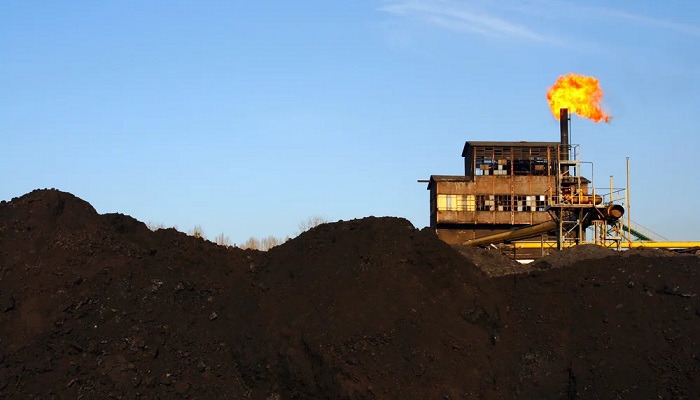According to insights, European Union (EU) countries reduced their consumption of coal and natural gas for power generation compared to previous years, despite the ongoing energy crisis caused by Russia’s invasion of Ukraine. Between October 2022 and March 2023, coal-fired generation in the EU decreased by 27 TWh, marking an 11% year-over-year decline. During the same period, gas-fired generation fell by 38 TWh, representing a 13% drop from the previous winter. Due to sanctions imposed by European governments in response to the Ukrainian conflict, the decrease in natural gas supply from Russia contributed to this decline.
Insights claim that the EU also managed to avoid the worst impacts of the energy crisis, partly due to a mild winter and an increase in renewable energy usage. Electricity demand across the EU was down by 6% compared to the five-year average. Renewable energy sources such as solar, wind, as well as hydropower surpassed coal and natural gas for the first time, providing about 40% of electricity production during the October-March period.
The decline in electricity demand was also influenced by EU mandates to reduce energy consumption, with most member states reporting a reduction of over 5% in power demand. Overall electricity consumption in the EU decreased by 94 TWh (7%) compared to the previous winter.
The coal and gas generation could have decreased even further if French nuclear plants had resumed operation as expected in January. Maintenance issues at several nuclear facilities in France resulted in a 13% year-over-year decline, accounting for a drop of 47 TWh in nuclear power generation in the EU during the past winter.
The EU should accelerate its transition away from fossil fuels to ensure a stable power supply in the future, as relying on emergency demand cuts and favorable weather conditions is not a sustainable solution. While concerns about a major energy crisis led some EU members, notably Germany, to plan to restart coal-fired plants and keep others online, insights revealed that the so-called “returning” coal units operated at only about 27% of their full capacity during the past winter. In fact, most EU countries reduced coal-fired output, with only Finland, Hungary, and Italy increasing their usage.
As per insights, the EU managed to avoid significant supply disruptions during the winter, resulting in the lowest power sector emissions during winter ever recorded. The decrease in gas demand for electricity generation also allowed for more efficient use of gas in priority areas like heating and storage, with the EU’s gas storage capacity reaching 56% (60B cubic meters) by the end of March 2023, double the levels from the previous year.
































